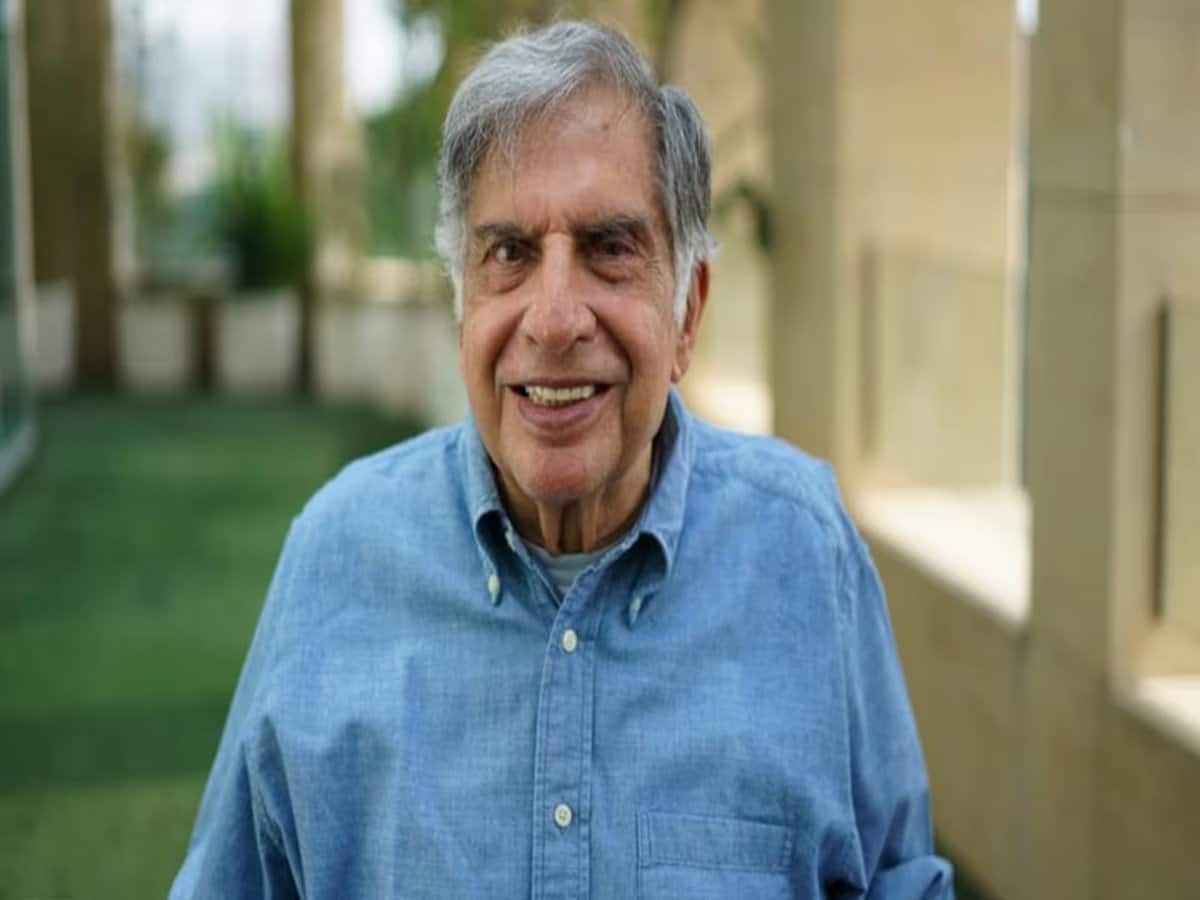Ratan Tata, a revered figure in Indian business, served as the chairman of the Tata Group from 1990 until 2012, and briefly as interim chairman from October 2016 to February 2017. Under his leadership, Tata Group evolved into a global powerhouse known for its ethical business practices and commitment to social responsibility. With a legacy marked by significant contributions to industry and philanthropy, Ratan Tata has left an indelible mark not only on the company but also on India’s economic landscape. This article delves into the details of Ratan Tata’s will, exploring its implications for his estate and philanthropic endeavors.
Overview of Ratan Tata’s Legacy
Ratan Tata’s tenure at the helm of Tata Group was characterized by strategic expansion and innovation, solidifying the group’s reputation internationally. Tata Group encompasses numerous sectors, including steel, automobiles, IT services, and consumer goods. Tata’s philanthropic approach is exemplified by his role in leading various charitable trusts associated with the group, which support education, healthcare, and rural development.
Distribution of Assets as per Ratan Tata’s Will
In a reflection of his personal values and family relationships, Ratan Tata’s will has designated the responsibilities of his estate distribution primarily to his half-sisters, Shirin and Diana J. G. T. Khambata, alongside his trusted legal advisor, Daryus Khambata, and close friend, Meher Mistry. This thoughtful arrangement underscores a profound sense of family and trust, as well as a commitment to ensuring that the management of his assets aligns with his charitable priorities.
Focus on Philanthropy and Social Welfare
Ratan Tata’s commitment to philanthropy is evident in the extensive work carried out by the Tata Trusts, which control a significant portion of the Tata Group’s equity. The trusts focus on initiatives that address unique challenges in India, such as education, healthcare, rural livelihoods, and women’s empowerment. With the distribution of his assets, Tata aims to ensure that these philanthropic activities continue seamlessly, further enhancing his legacy of giving back to society.
Challenges and Considerations in Asset Distribution
The process of executing Ratan Tata’s will may face various challenges, including potential disputes regarding asset allocation or management disagreements among the designated executors. Effective communication and a shared vision among the involved parties will play a vital role in ensuring that Tata’s intentions with his estate are honored and upheld.
Conclusion: Ratan Tata’s Enduring Impact
Ratan Tata’s will reflects not just his personal wishes but also the core values that have guided his life and work. As he steps back from day-to-day operations, the structures put in place for his estate are set to ensure that his legacy of leadership, innovation, and philanthropy continues to flourish. Understanding Ratan Tata’s approach to both business and personal legacy provides valuable insights into the responsibilities and opportunities that come with wealth and influence, setting an example for future generations.
